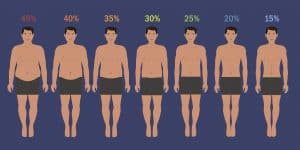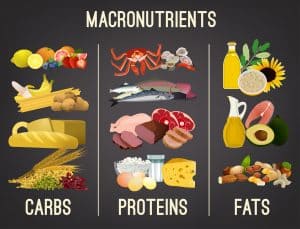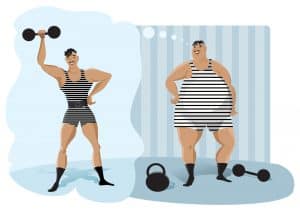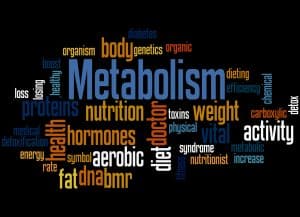Are you looking for an effective method to lose weight, while keeping your diet pure and natural? It can be a tough journey to lose weight, and different diets will always work for different people.
I’ve been there myself—the endless struggle to lose that troublesome tummy fat.
It really got me down for many years, but after reading testimonials from people swearing by the low carb diet, I thought I’d give it a go.
Well, it seems that eating low carbs for weight loss might be the key!
In this article, we’ll take a look at some of the key elements of eating a low carb diet. This way, you can make an informed decision before taking on the challenge.
- Table of Contents
What Is a Low Carb Diet?
A low carb diet involves removing all types of carbohydrates from your daily meal plans. In most cases, this will be to lose weight, but it could be to control intake for medical reasons, such as heart disease.
Carbohydrates can be broken down into two groups—simple and complex.
Simple carbohydrates come in two forms. You get the refined stuff, such as the sugar you would pop into your morning coffee. Otherwise, you can find carbs in more natural states, like the fructose you find in fruit, or lactose within milk.
These sorts of carbs are the ones which are converted rapidly into energy. This means they often provide a quick buzz, giving off that crazy, hyper feeling we know and love.
We also have complex carbohydrates which come in two forms. Again, you can eat the more refined ingredients, like flour and cereals. You then also get those on the more natural end of the spectrum, like beans and legumes. Complex carbs are a much healthier option, releasing energy slowly over time.
Generally, you would expect to be eating around 20 to 60 grams of carbs in a low carb diet. By replacing these carbs with protein and fat, you may be surprised to learn that this has become a popular way to lose weight.

Starch vs Carbs: Understanding a Low Carb Diet for Weight Loss
Starch consists of foods such as cereal, couscous, rice, bread, pasta, and potatoes. It’s quite common to hear of people avoiding these “carby” treats. That being said, while all starchy foods are carbs, not all carbs are starchy.
This can get confusing, but we’re here to help. Carbohydrates actually include starch, sugars, and fibrous foods.
With that in mind, if you’re looking to take this low carb diet seriously, you can’t simply cut out the typical starchy foods we all love to hate. This diet actually encompasses a huge array of different options within your diet.
Don’t forget this when you’re “cutting carbs.” It’s important to cut most of them out if you want it to work.
What Is the Low Carb Diet Good For?
The low carb diet can be great for a number of reasons:
Losing Weight
Most Americans consume way over the recommended daily amount of carbohydrates in their diets. This is easy to do when we consider the array of refined foods plaguing our supermarket shelves. It’s no wonder there’s an epidemic of obesity in today’s world.
Most cases of obesity are caused by the refined sweet treats that are so easily accessible to us, causing weight gain. However, we also have the lesser known criminals, such as refined cereals, which also do this.
By cutting out these refined carbs, your body is much more likely to use up the energy it already has stored. So, if you’re someone who’s looking to lose weight, this is a cold-turkey, yet effective, way to do so.
Health Benefits
Some health concerns can be avoided with the removal of these high-carb foods. Again, the refined culprits are the ones to look out for here. They can cause type 2 diabetes, as well as heart issues, which adversely affect your body. If this sounds like you, then removing the carbs from your diet will help a great deal.
Keeping Fat in Your Diet
If you’re like me, and just can’t get enough of those healthy fats, like cheese and avocados, this may be the diet for you. By replacing carbs with fats and proteins, you can keep up your cheese addiction, without any guilt.
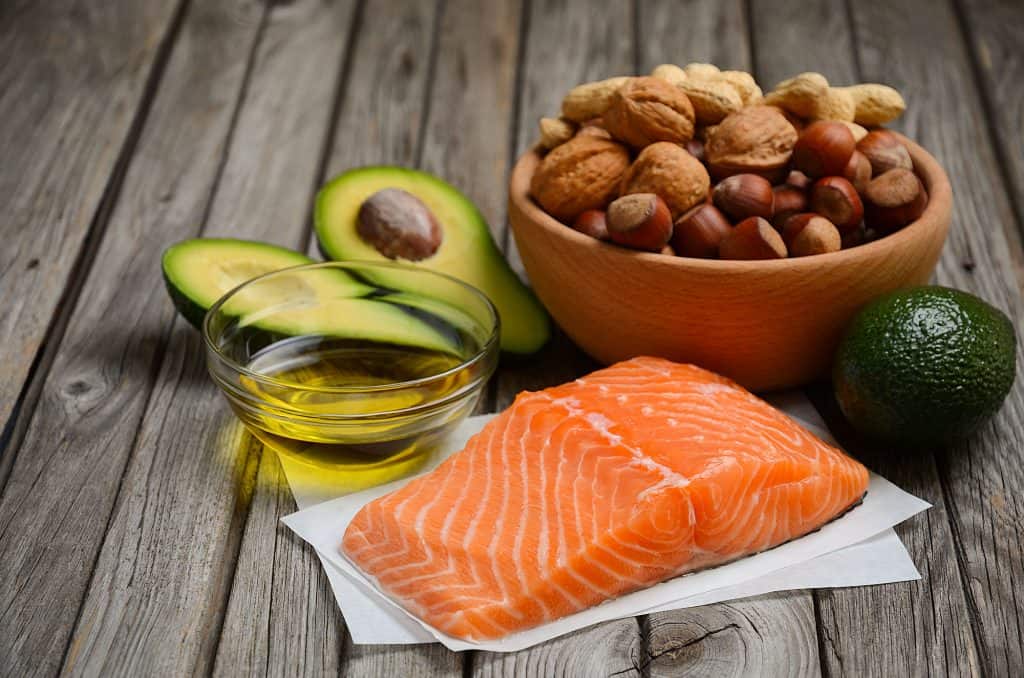
The top 3 Benefits of the Low Carb Diet
So, why should you choose this diet? Here are some of the benefits of the low carb diet.
1. No Need to Count Calories
To a certain extent, this diet avoids the constant problem of counting calories. This can become really tiresome when trying to lose weight.
With the low carb diet, you should be able to eat when you’re hungry, and stop when you’re full, without worrying about this menial task. Just remember, this is only true to an extent and, if you eat ridiculous amounts all the time, you will not lose weight.
2. Improved Health
The American Heart Association, among other institutions, has ruled out the heart benefits of a low carb diet. That being said, there are a number of other health benefits when it comes to this diet.
For example, without refined carbohydrates, like chocolate and cereal bars, the cases of type 2 diabetes would diminish.
3. Weight Loss
As we’ve already shown, a low carb diet decreases the risk of obesity. As it reduces your appetite, it might actually be one of the most effective ways to lose weight!
By consuming a lot more protein, your body will stay full for longer, so you’ll be less likely to snack. This makes it a great option for anyone who may be struggling to eat less.
Risks of the Low Carb Diet
One thing we should mention is that, if you’re a vegetarian or vegan, a low carb diet may not be a healthy way forward. Although it’s possible, the removal of carb-fuelled beans and pulses may be problematic. In this case, what are you really left with, in terms of protein substitutes?
Well, you have the options of tofu, tempeh, seitan, and protein powder, but it’s not much to choose from. In all honesty, it’s really not that tasty either. However, if you really want to give it a go, there’s no harm in doing so.
Otherwise, below are some other risks of the low carb diet to watch out for.
A: Not Suitable for Long-Term Goals
Although a low carb diet is great for short-term weight loss, studies have shown that this may not be the best long-term solution. This is probably due to the fact that a low carb diet can be really difficult to maintain. It’s easy to fall off the wagon, so if you’re looking for a short-term fix, this may be the choice for you.
B: Health Risks
There could also be some other negative effects when following a low carb diet. Some of these include the risk of fatigue, as your body can lack its usual energy to function effectively.
You may also suffer from constipation or diarrhea. Without the fiber your body needs, it can have some adverse effects on your bowels.
Alongside this, without fruit, legumes, and more, your body may lack important vitamins and minerals, such as vitamin C. Of course, supplements may be the way to combat this, so this is not a dead-end trap.
Generally, if you have certain medical conditions, including diabetes, high blood pressure, or are breastfeeding, this sort of diet may be particularly high risk. Always consult your physician before making any drastic lifestyle changes.

What Should I Eat?
A low carb diet might seem super restricting, but it may surprise you to learn that it’s not as bad as it seems. As we’ve already mentioned, you can keep those tasty, fatty treats in your diet. Meanwhile, you should eat a lot of meat products, alongside healthy fats, like nuts and seeds.
Here is a list of some of the main foods you should consume on a low carb diet:
- Meat or meat substitutes.
- Fish.
- Eggs.
- Low-sugar fruits, like berries.
- Nuts.
- Seeds, like chia and flax.
- Dairy, like cheese and yogurt.
- Soybeans.
- Soy milk.
- Avocados.
- Olives and olive oil.
- Coconut.
- Vegetables.
So do you think it’s achievable? There are certainly enough options to eat a well-rounded diet, even if it is low carb. Why not give it a go and see!
The 3 Low Carb Diet Plans
There are three types of diet plans to choose from when it comes to a low carb diet. These all depend on how strict you want to be with yourself.
Before we go into the three types, I should first mention that these values of carbs refer to digestible carbs. These mean all natural carbs, which are not refined or sugary.
Now that we’ve got the science bit out of the way, the three plans are as follows:
1. Ketogenic
This consists of consuming under 20 grams of carbs per day. The aim is to also keep your protein levels low or moderate, as excess protein is often converted to carbohydrate.
In diets like these, avoiding fibrous vegetables, like sweet potatoes and carrots, is also key.
2. Moderate
By consuming between 20 and 50 grams of carbohydrates per day, this is more of a moderate low carb diet. So it’s ok to add the odd fibrous vegetable here and there.
3. Liberal
This type of diet allows for consumption of a lot more digestible carbohydrates, so you can pack your diet full of healthy vegetables. Sticking to around 50–100 grams of these types of carbs will work well.
Tips for an Effective Low Carb Diet
So, how can you best go about taking the plunge and starting your low carb diet? Well, here are our seven tips for a heavenly low carb experience:
- Make sure to eat real, natural food, not processed rubbish, like low carb bars.
- Don’t fall into the trap of over-eating healthy fats. Nuts are a classic way to get this wrong, as they’re packed full of calories.
- Don’t put stress on your body. If you’re stressed, and not getting enough rest, your body will not take kindly to a diet.
- Make sure to couple this diet with a well-rounded, exercise-filled lifestyle. You can’t expect to notice change if you’re not making the effort!
- Although the idea behind a low carb diet is to stop counting calories and eat when you’re hungry, you shouldn’t eat too often. Make sure to not go too extreme, and stick to three to five meals a day.
- Experiment with the three types of low carb diets (see above) to see what works best for you.
- Above all, remember that you shouldn’t expect to see change immediately. Don’t be too harsh on yourself if you’re only losing a small amount of weight. Realistic goals are the way forward for a healthy mindset.
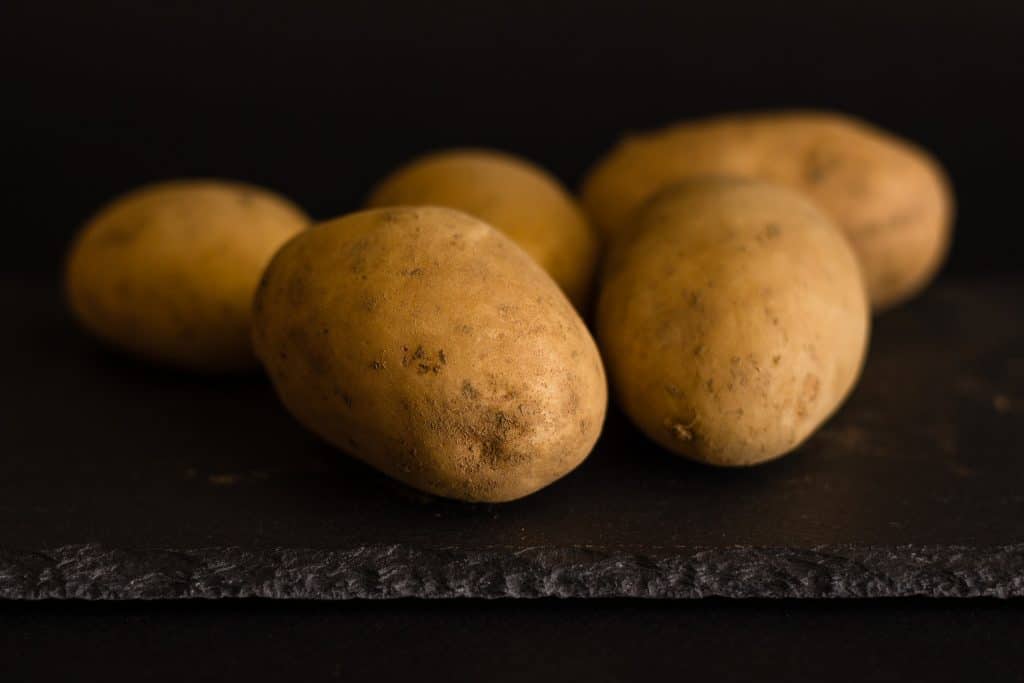
The 3 Most Common Mistakes People Make When on a Low Carb Diet
It may seem pretty simple: just cut out carbs. Well, it’s not as easy as it sounds, so here’s the lowdown of the mistakes to avoid.
1. Eating the Wrong Type of Fat
Although we have mentioned cheese as a great fat to consume instead of carbs, it’s important to do so in moderation. In fact, the most common mistake when it comes to a low carb diet is the types of fat you consume.
You can occasionally replace those pesky carbs with unhealthy saturated and trans fats, like bacon fat, butter, and cheese, as they do have some health benefits. That being said, you can’t always do this.
Don’t let this put you off eating fat, though! It’s so much more effective to eat healthy fats, like olives or eggs. This way, not only are you still consuming those tasty, salty treats, but you’re also being sensible with your diet.
2. Eating Too Many Carbs
Some other common mistakes include eating too many carbs. You may think that you’re cutting out every potential carb. However, as we’ve mentioned already, some people fall into the trap of thinking it’s just bread, potatoes, and pasta to watch out for.
Remember, you should also avoid things like flour, rice, sugar, fruit, and milk. I hate to break it to you, but it’s a tough old business.
3. Eating Too Much Protein
One final point to mention is that eating too much protein can also cause issues, as it can actually convert into glucose. This is exactly the sort of thing we’re trying to avoid with a low-carb diet, so keep it in mind when you’re planning meals.
Conclusion
So what are our final thoughts on the low carb diet? Yes, it’s a great way to lose weight, but there are certainly some ways you can trip up.
It can be disheartening if you’re making every effort to lose weight and it’s not working. With that in mind, following our tips and tricks may help you to get the best from your low carb efforts.
By ensuring you eat the right balance of foods without overeating, and by keeping hydrated too, success should follow.








